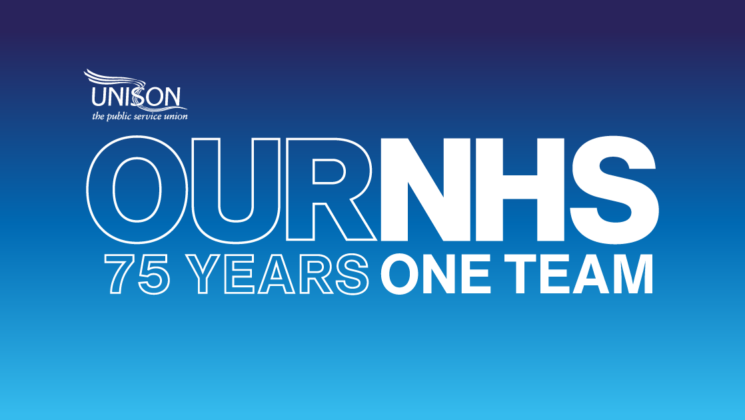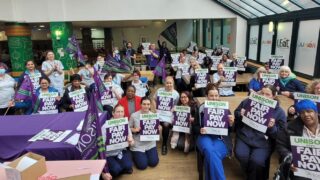The National Health Service began on July 5, 1948. Some of those who arrived on the SS Windrush went on to work in the health service, and their ongoing legacy is here to be seen today, writes Gilly Anglin-Jarrett.
Between 1948 and 1971, people from the Caribbean, Africa, India, Sri Lanka, Bangladesh, and Pakistan came to work in the NHS.
Many of these suffered daily racism from colleagues, patients and their families, strangers in the streets, and people in their local community, but they persevered. They had come here to not only get their training but also to send financial support to their families in their home nations. Most had only planned to stay for a certain period and then return home, but some decided to bring their spouses, children, and other family members here so that they were not so isolated and alone.
Despite many Caribbean workers joining trade unions in large numbers, they were generally not welcomed by the movement or workforce. Many of those within the movement argued that Windrush workers did not integrate and were a threat to the jobs of white British workers. This argument is, of course, unfounded.
Today, in 2023, during UNISON’s Year of the Black Workers, I want to recognise the first Black male elected to the National Executive Council, James Minto. We have the first Black vice chair of the Regional Labour Link Committee, Audrey Dinnall, and the chair of the Regional Local Government Committee is a Black male Muslim named Najeeb Nazir.
The Regional Black Members Network is currently leading a union-wide racism in the workplace project with 100% support from both general secretary Christina McAnea, NEC president Andrea Egan, regional secretary Chris Jenkinson, and regional equality manager Louisa Wass-Griffiths.
As the Chair of our Regional Black Members Network, I want to say a huge thank you to everyone who came here on the Windrush to take up jobs in the NHS and have continued to provide excellent services in the health service today, along with all the other staff working alongside you. Your dedication and commitment during the COVID pandemic and continued care are so much appreciated and valued.
Finally, I’m very personally proud of my Mum who came to London on her own from Jamaica to train as a midwife in the late ‘60s. The only family she had was my great-uncle, who worked in the RAF during World War 2. Eventually, she retired as a manager in a council-run adult residential care home, and today, I have two sisters who are still working in the NHS and who are fellow UNISON Black Members.
So, let’s celebrate the Windrush Generation and the creation of the NHS too in the year of their 75th anniversaries, as both events are forever linked as significant positive changes to the East Midlands and the UK.
Thank you, brothers and sisters.
Gilly Anglin-Jarrett
Chair of the East Midlands Regional Black Members Network


